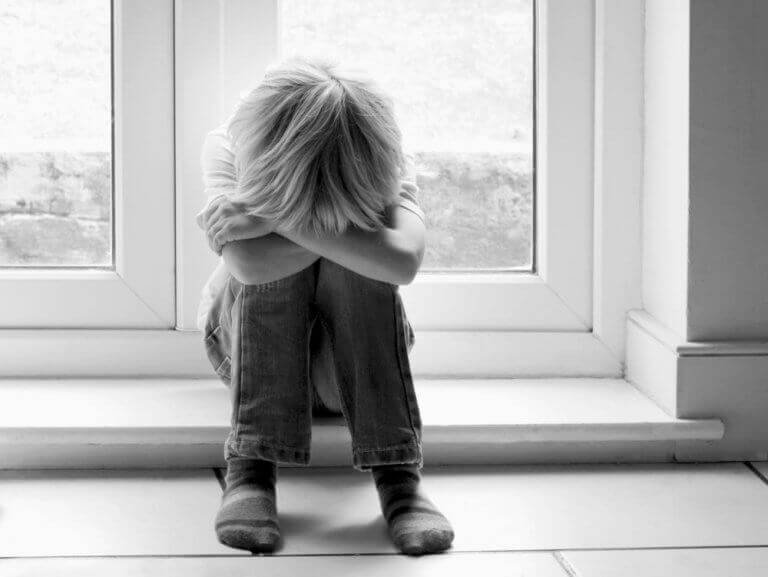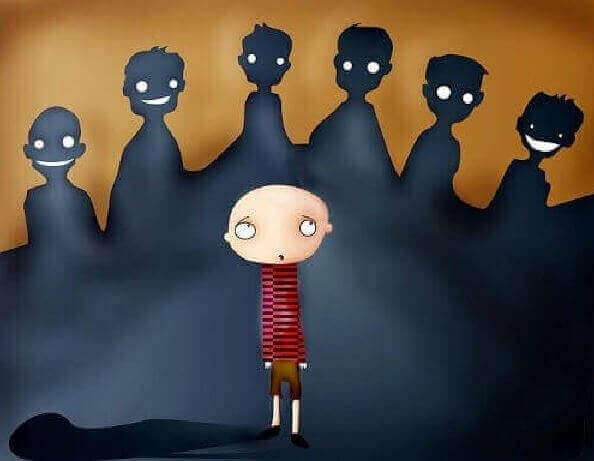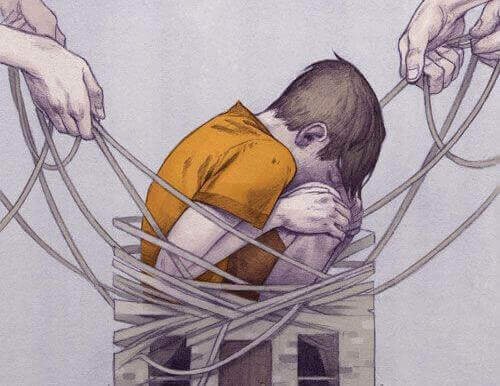The text that will be presented below is intended to express the suffering of a family and child victim of bullying, the way anguish consumes their days and the most immediate consequences of this painful torment.
"We do not know what is happening to him." He constantly complains of upset stomach and headaches, can not fall asleep as before, wakes up anxiously at night and comes to bed, worries excessively about some things that do not even interested in the past. He has sudden mood swings, from being very calm to being intensely angry or crying wildly. Sometimes it is even rebellious when we tell her to stop biting her nails or to remove her hair, behaviors that she did not show before.
Some anguish, but we do not know what because he does not speak to us. We suspect that something is happening at school, maybe there is too much pressure or maybe a child has problems with that. We continue to investigate his entourage, we ask his teacher, his brothers, the relatives of his friends, but no one brings us information.
Sometimes he gets very tender and, although he is a loving child, the addiction that he generates begins to worry us. It draws our attention at certain times of the day and, as we do not know the origin of this change, we take this moment to talk with him and try to understand something of what is happening to him.


He tightens and declares that he does not want to talk, that he is ashamed. At other times, he tells us that he does not want to go to school, that something bad is happening to him. Finally he confesses that the children are booing him, insulting him, playing with him and, at some point, beating him.
Our world is collapsing. We just put a name to the origin of his pain, his anguish and his discomfort. This is what we call bullying or bullying.
Immediately we take the first step: talk to the school. This situation must be resolved. These children must bear the consequences of their actions. Our son can not relive what he lived. Neither ours nor any other.
It's time to order ideas and see what we can do, how we can act. In such situations it is difficult not to go directly to the abusers and their families. However, we know that it is better to prevent the child from participating in a conflict and in a direct confrontation.
Therefore, we are waiting and tempering, for the moment, our uncontrollable emotions. These boiling feelings do not leave us thinking clearly, but by taking a moment and moving a little away from the situation, it is certain that they can calm down.

The most important thing, first of all, is to create a safe environment for our child. We are already working on that, we are doing everything possible. The school will begin to take action. The teachers and friends will pay attention to every movement and gesture that the thugs will have against our son.
However, this not all. The emotional damage that bullying has caused to our son is still there. Although he already told us, he is still scared and anxious, and still refuses to go to school. What can we do ?"
Helping a child cope with the emotional wounds caused by bullying
Helping a child victim of harassment to deal with the emotional damage that has been generated by social violence is not an easy task for families.
- Set up a safe space and an environment of trust: it is essential to provide the security that the people around you will make sure that nothing happens to you, that your environment is completely on your side and that the aggressors will suffer the consequences of your behavior. However, even if it may seem difficult, it is necessary to avoid overprotection because it can generate a dependence cycle that will eventually have negative consequences.

NOTE:
Although the necessary control of the school has already been implemented to prevent bullying, the child's refusal to return to school may persist. It is important to talk with them about the safe environment, how good it is to go to school and that going back to school will help you feel better. We can facilitate the process of reintegration (in the event of an interruption), gradually exposing the child to the school environment: meeting with friends, walking near the school or even, in more serious cases, returning to school only for a few hours for the child to understand that there is no danger.


